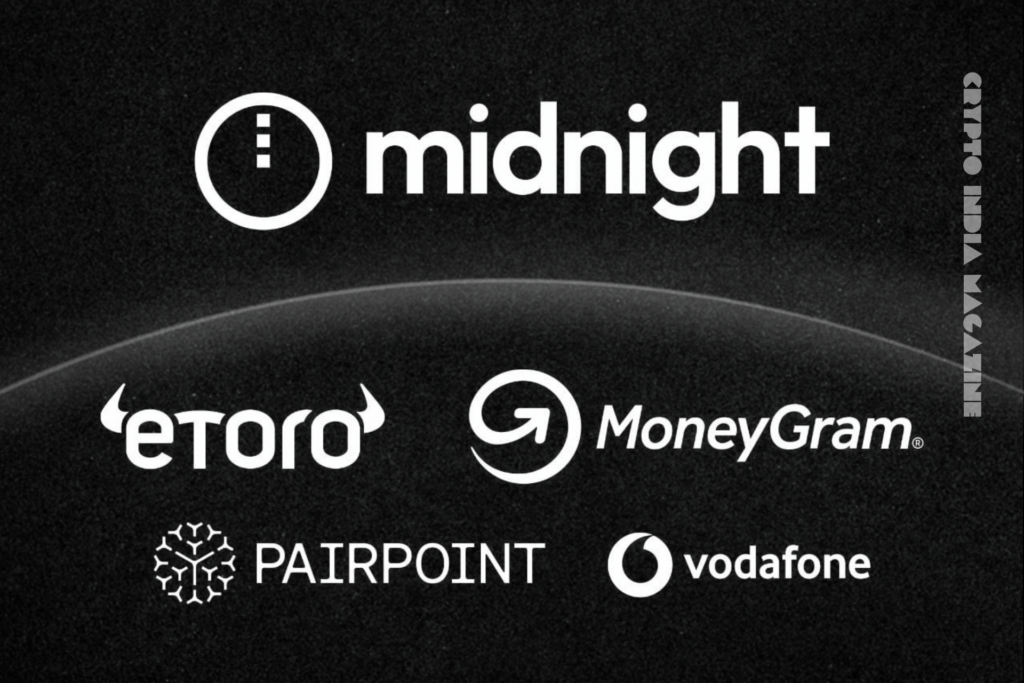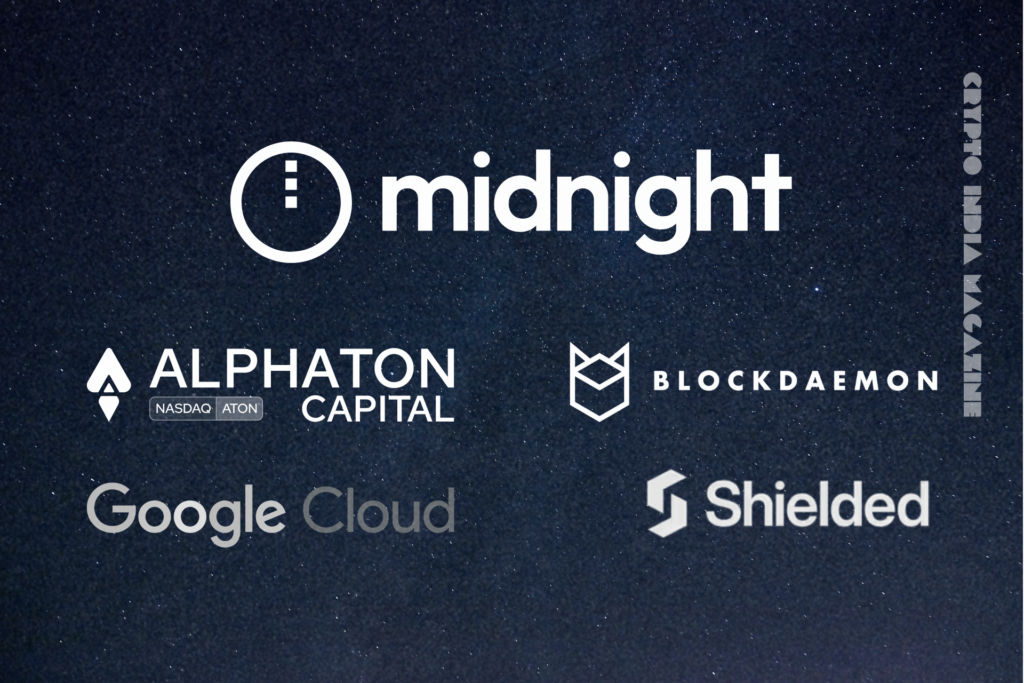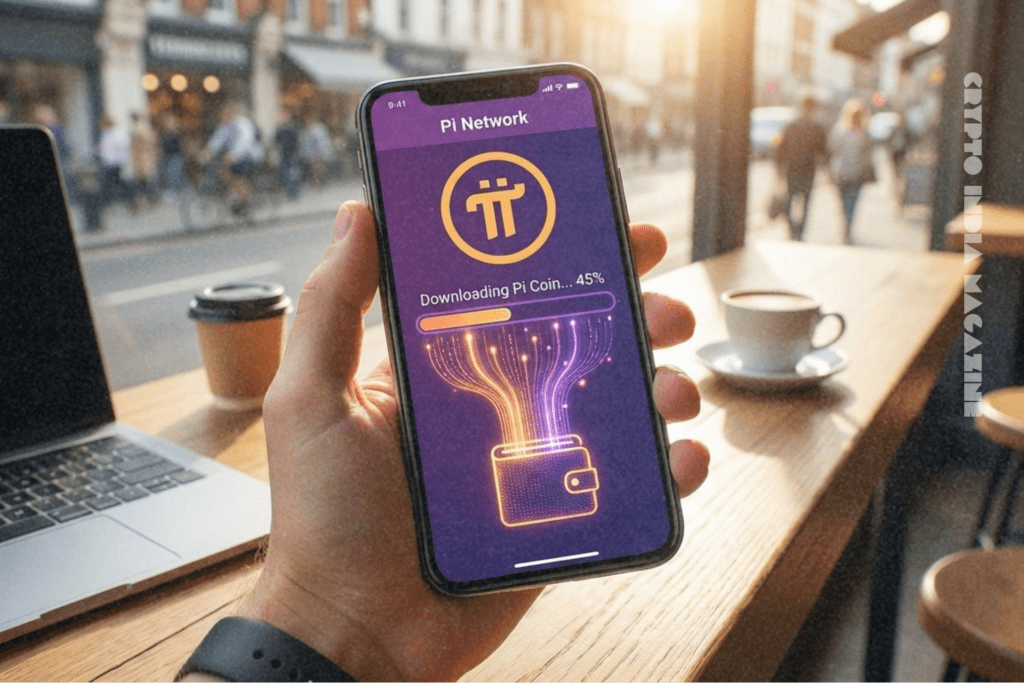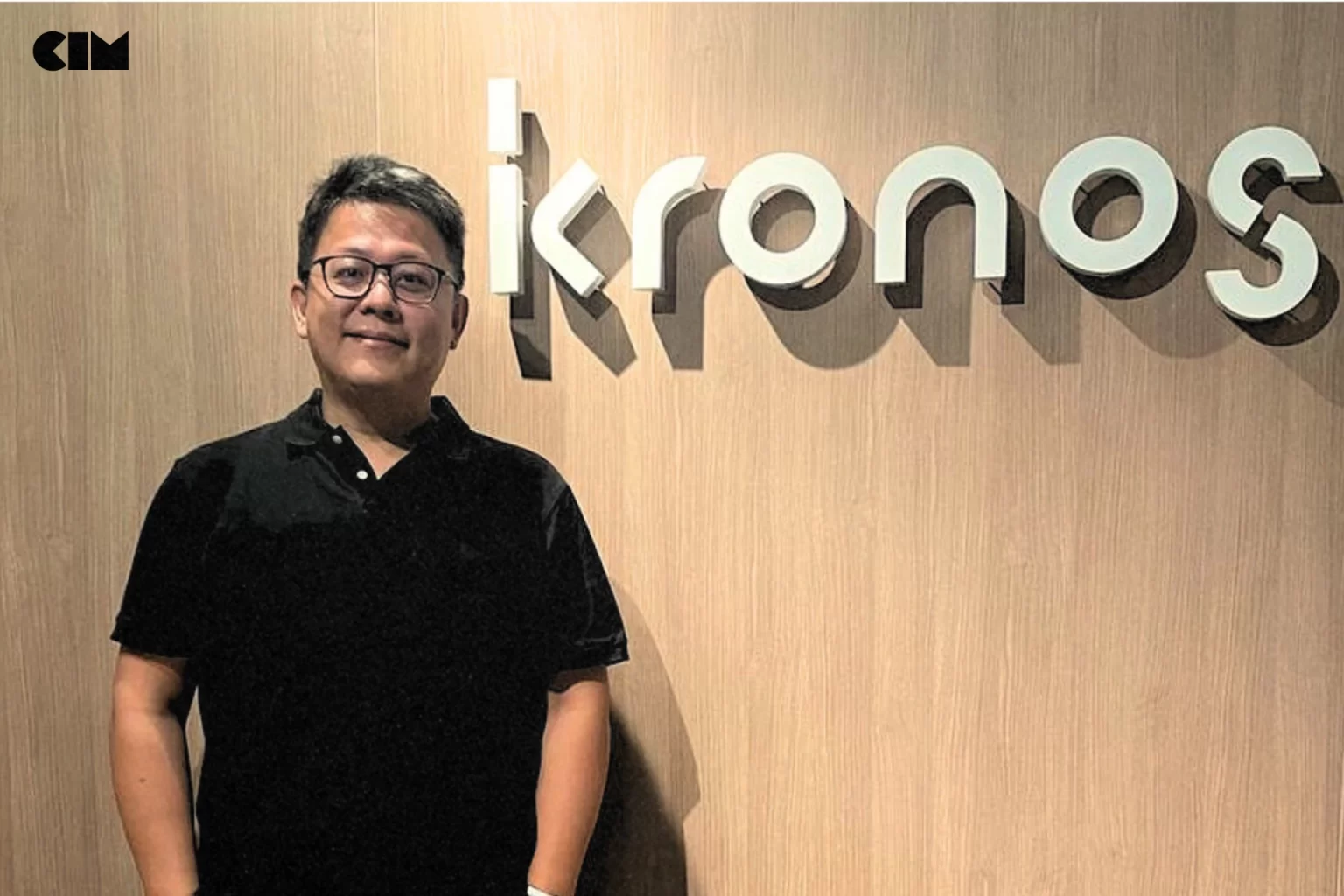Now Reading: How Koboto Network is Bridging the Gap Between AI and Blockchain
-
01
How Koboto Network is Bridging the Gap Between AI and Blockchain
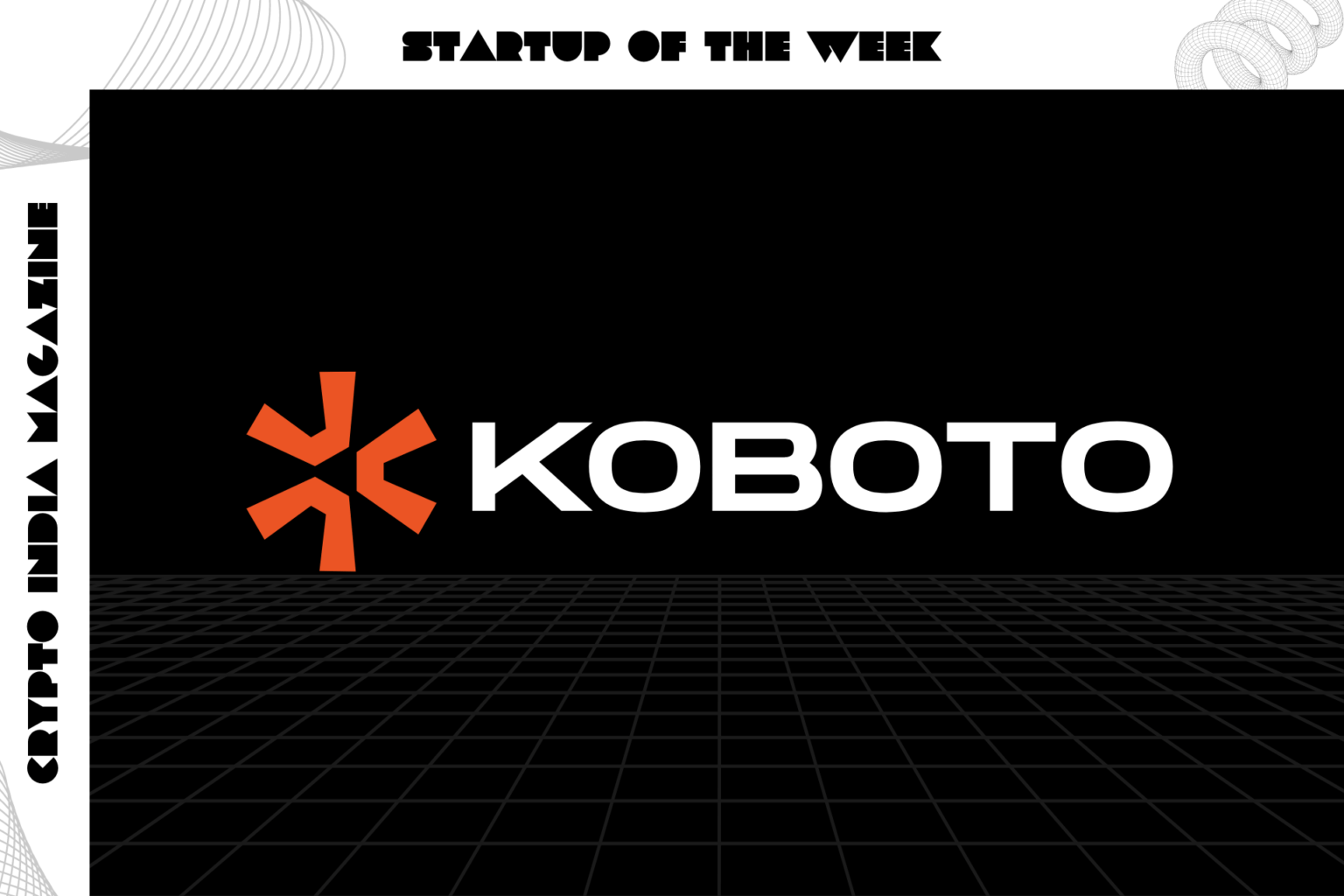
How Koboto Network is Bridging the Gap Between AI and Blockchain
OpenAI’s ChatGPT reached 100 million monthly active users in January 2023, just two months after launch, making it the fastest-growing consumer application in history. This isn’t just a neat statistic—it’s a clear signal of our voracious appetite for artificial intelligence (AI).
Today, AI is everywhere. It diagnoses diseases, predicts stock markets, and even writes scripts. But while AI is changing everything, it’s controlled by very few. In fact, various reports suggest that a handful of companies own the majority of all AI computing power.
And it’s causing plenty of headaches — privacy concerns? Definitely. Bias in algorithms? For sure. And if you’re not a tech giant, good luck getting your hands on top-tier AI capabilities.
Now, throw blockchain and Web3 into this mix. These technologies are all about decentralization, but they’re hungry for AI too. The crypto market hit a whopping $1 trillion in 2021, and with it came a surge in demand for AI in decentralized finance and beyond.
So, we’re at a crossroads. On one side, we have powerful but centralized AI. On the other, we have blockchain clamoring for smarter, decentralized solutions. Now the million-dollar question is — how do we bring these worlds together? How do we make AI not just powerful, but also accessible, transparent, and ready for the Web3 era?
A Quick Build
As the AI and blockchain industries expand, the need for reliable, decentralized, and verifiable AI solutions becomes even more urgent. This is where solutions like Koboto Network come in.
Koboto Network was born from a simple but powerful idea — to make AI accessible, decentralized, and verifiable. The founders of Koboto, eager to solve AI’s growing centralization problem, reached out to industry experts in research and development. They quickly turned their vision into a reality, building the network in just one month.
“After refining the concept, we were excited about how Koboto is bringing a revolution in the whole Crypto & AI industry, by making everyone look towards intelligence in a truthful way. At Koboto, we bring self-coordination for Dynamic, Adaptive & Modular MAS,” explains Mallikarjuna Naidu, Founder & CEO of Asva Labs, the company behind Koboto Network.
Asva Labs is a Web3, AI and Metaverse venture studio building world-class products to power the next billion users. They aim to lead R&D in innovative Web3 product development, leveraging product-market fit to capture expanding niche markets.
Koboto’s Role in the AI-Blockchain Intersection
At its core, Koboto serves as an intermediary that connects users with AI-powered services — whether they’re automating capital management, forecasting actions, or eliminating inefficiencies.
“Koboto acts as a modular inference marketplace, bringing together a multi-interactive, inference aggregator and intent-based agent universe,” says Naidu.
While it may seem complex, Koboto ultimately simplifies AI access for users to access AI inference—whether they’re looking to optimize decision-making or eliminate inefficiencies. By coordinating requests to the best-fit AI services within its network, it makes AI more approachable and scalable.
This positions the platform as an essential bridge between applications and users in both Web3 and Web2 environments, automating processes in real-time.
According to Naidu, “Koboto’s network ensures that requests for AI inference, whether it’s risk assessment or action prediction, are routed efficiently to deliver the most accurate results.” Furthermore, the network is built on three foundational types of agents: Multi-Interactive Agents, Intent-Based Agents, and Inference Aggregator Agents (IAA).
Multi-Interactive Agents collaborate by sharing tasks and communicating using the noise protocol. Intent-based agents, on the other hand, interpret complex user requests through AI, enabling smoother transactions without requiring precise commands. Meanwhile, the IAA connects users to various AI networks, combining insights from multiple sources to ensure the most accurate and relevant information is delivered to users.
Moreover, Koboto empowers agent builders by offering a coordination layer that integrates multi-interactive, intent-based, and inference aggregation agents. This feature allows developers to participate in sub-networks specifically tailored to users’ needs, ensuring the best possible inference outputs.
One of Koboto’s standout features is its foundational models, which enhance user experience by facilitating interactions beyond traditional network silos. Whether users need AI for automating workflows or developers are building on-chain and off-chain intents, Koboto ensures seamless, fast, and accurate AI-powered insights.
The team at Koboto Network team comprises deep research in blockchain, AI, and the capital industry. Their research team has led multiple successful products before; meanwhile worked around complexity science, evolutionary biology, cosmology, distributed systems, incentive engineering, consensus designs, ZK & has a vast knowledge in blockchain.
Koboto’s Future Plans
Speaking about future plans, Naidu shed light on several steps for Koboto Network’s development, with a focus on building infrastructure that developers, data scientists, and smart contract developers can utilize for creating and deploying applications. The team is preparing for the launch of its V 0.1 SDK, which will play a crucial role in enabling these capabilities.
The strategy aims to tackle inefficiencies in the decentralized economy by connecting consumers with suppliers who can provide compute power via lower-end processor chips for inference tasks. This allows suppliers to maximize their processing units and enhances user efficiency.
Koboto is also working on developing an agent-based economy, centered on multi-interactive, inference aggregator, and intent-based agents. This approach represents a longer-term vision for the network as it continues to evolve. More detailed information on these plans is available in Koboto’s litepaper.



